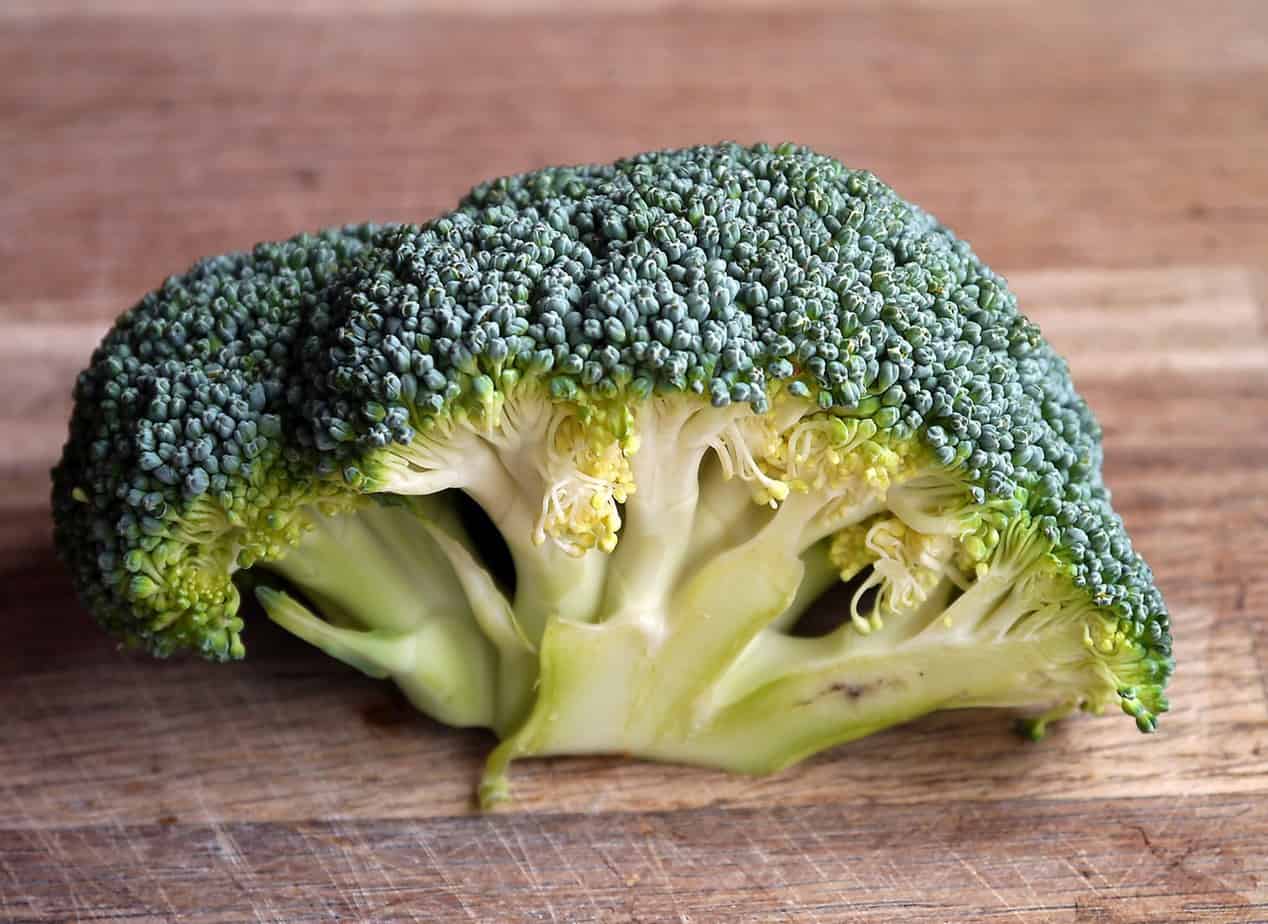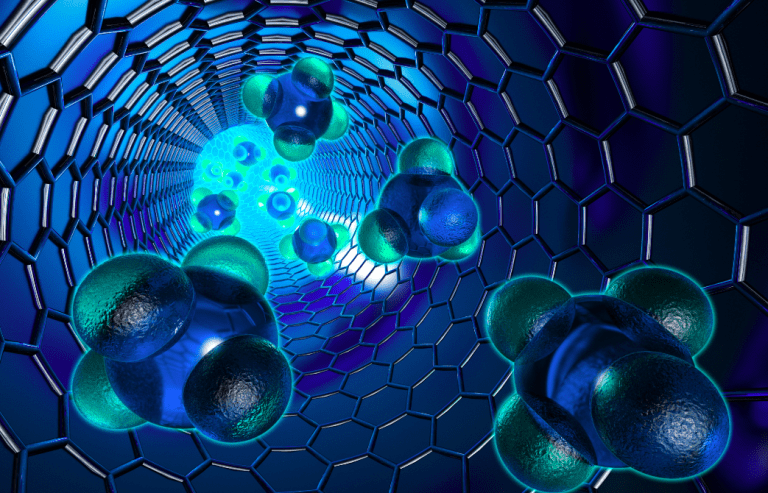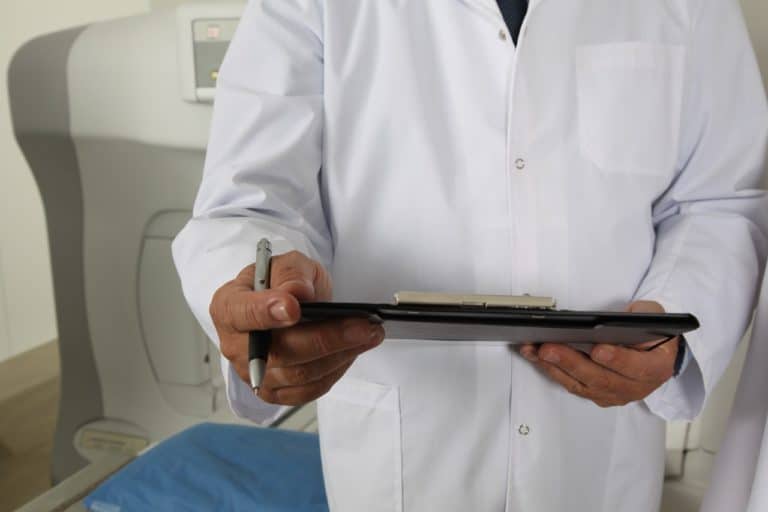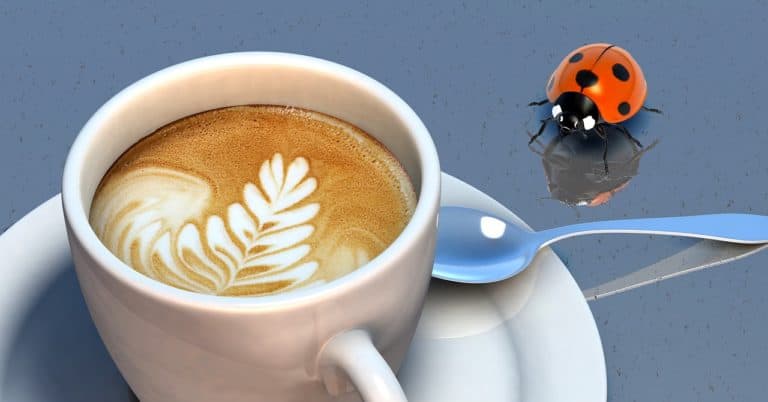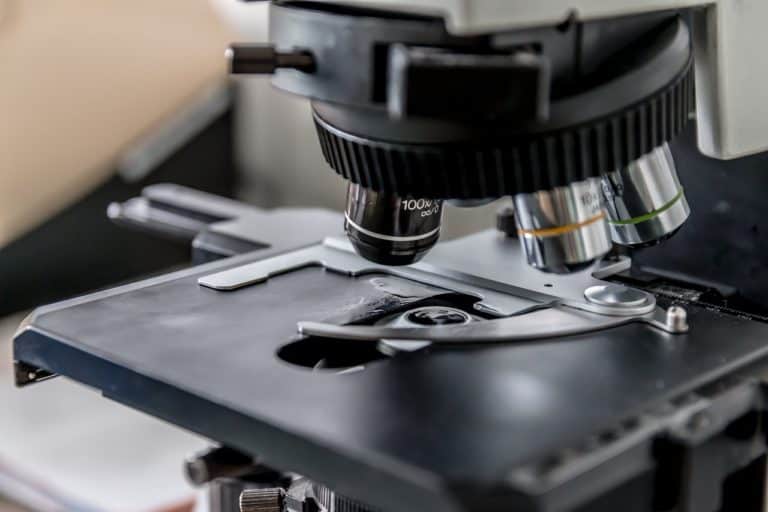If you have been diagnosed with prostate cancer, or any other kind of cancer, you understandably want to do everything you can to beat this disease. One important thing you can do to fight cancer is changing your eating habits to the best diet during cancer treatment. One important change is to ramp up your intake of cruciferous vegetables.
What are cruciferous vegetables?
Cruciferous vegetables come from plants in the Brassica genus. These vegetables include:
- arugula
- bok choy
- broccoli
- brussels sprouts
- cabbage
- cauliflower
- collard greens
- horseradish
- kale
- radishes
- rutabaga
- turnips
- watercress
- wasabi
You may notice that these vegetables have a strong smell to them and a sometimes-bitter flavor. This is due to a group of sulfur-containing chemicals called glucosinolates. When you prepare, chew, and digest these foods, the glucosinolates break down and form indoles (such as indole-3-carbinol), isothiocyanates (such as sulforaphane), thiocyanates, and nitriles.
Indole-3-cabinol (I3C) is a precursor to diindolymethane (DIM), a phytonutrient that is released in the body when gastric acid acts on indole-3-carbinol. Researchers have found that indoles and isothiocyanates have many benefits for men. For example, they can inhibit cancer development and may help protect cells from DNA damage. They have an antibacterial and anti-inflammatory effect and inhibit tumor cell migration, which is necessary for metastasis.
Researchers at Wayne State University School of Medicine reviewed laboratory experiments in which they found that I3C and DIM inhibited prostate cancer cell growth and promoted apoptosis (cell death) in prostate cancer cells. Their findings indicate an increased ability to detoxify and inhibit carcinogens.
They also found that both I3C and DIM regulate many genes that play a critical role in the control of cell cycle, cell proliferation, signal transduction, and other cellular processes. These findings suggest that I3C and DIM have the ability to affect prostate cancer cells in multiple ways. The authors concluded there is “ample evidence for the benefit of I3C and DIM for the prevention and the treatment of prostate cancer.” (Sarkar 2004)
There are also other health benefits of DIM for men in supporting natural hormones levels and helping to support normal prostate function and urinary health.
Other cancer-fighting foods
While eating cruciferous vegetables several times per week is important, there are also important dietary changes to make if you have been diagnosed with prostate cancer. A recent study found that men who are diagnosed with prostate cancer and change their diet to replace carbohydrates and animal fat with vegetable fats such as olive oil, nuts, seeds, and avocados live longer and are 29% less likely to die from their prostate cancer spreading. (Richman, 2013)
The Prostate Health Diet for prostate cancer provides guidelines for eating to reduce your risks and protect your prostate health. The best diet for prostate health involves eating healthy oils, fruits and vegetables, oily fish that are high in omega-3 fatty acids, and plant sources of protein rather than red meat. This type of diet is low in sugar, saturated fat, and processed foods.
Natural cancer-killing foods and supplements beyond cruciferous vegetables include green tea, cayenne, vitamin D, lycopene (found in tomatoes), mushrooms, walnuts, turmeric, pomegranate, beans, garlic, and berries. Work these foods into your meals and snacks, and consider taking the supplements to help support your immunity and prostate health.
If you have had treatment for prostate cancer, be aware that 30% of prostate cancers return no matter what treatment you have gone through. That is why following the best diet during cancer treatment and continuing that healthy lifestyle (including regular exercise) after your treatment ends is important for keeping you healthy and lowering your risk factors. The foods you choose to eat and the way you life your life have a major impact on your prostate health and continued good health.
Read more in our Prostate Cancer Health Center.
Read more on the Prostate Health Diet
References
DIM and Prostate Health. All About DIM.The best diet during cancer treatment
Richman EL et al. Fat intake after diagnosis and risk of lethal prostate cancer and all-cause mortality. JAMA Intern Med 2013;():1-8
Sarkar FH, Li Y. Indole-3-carbinol and prostate cancer. J Nutr 2004 Dec; 134(12 Supp): 3493S-98S

